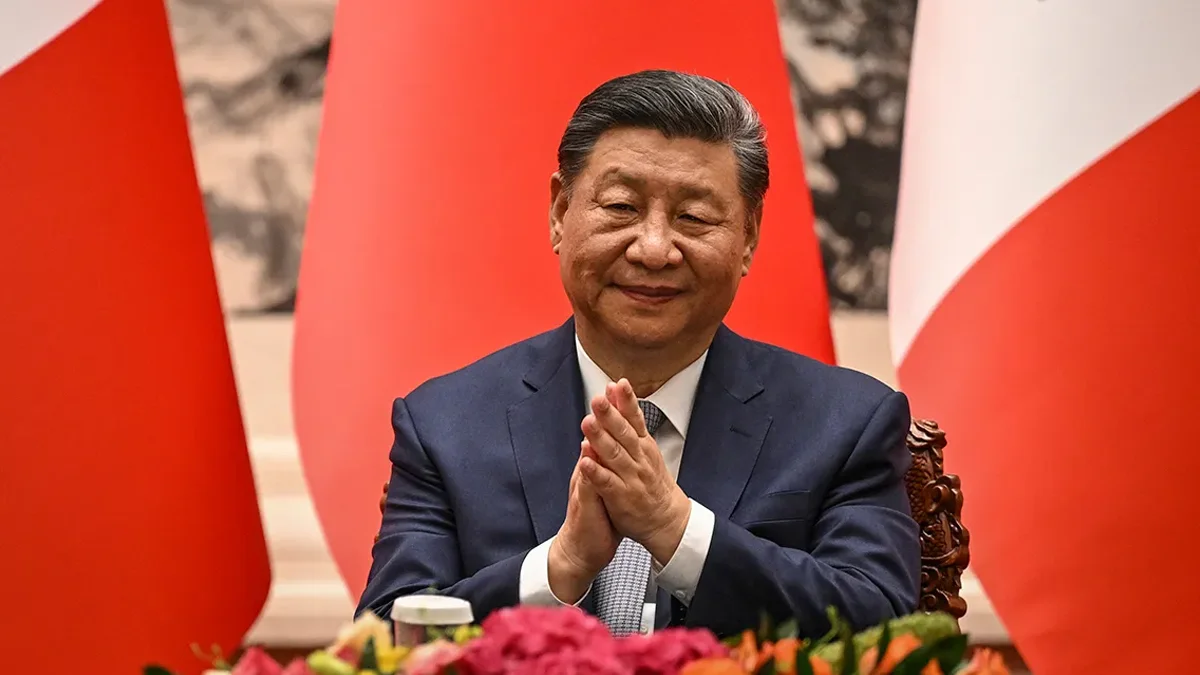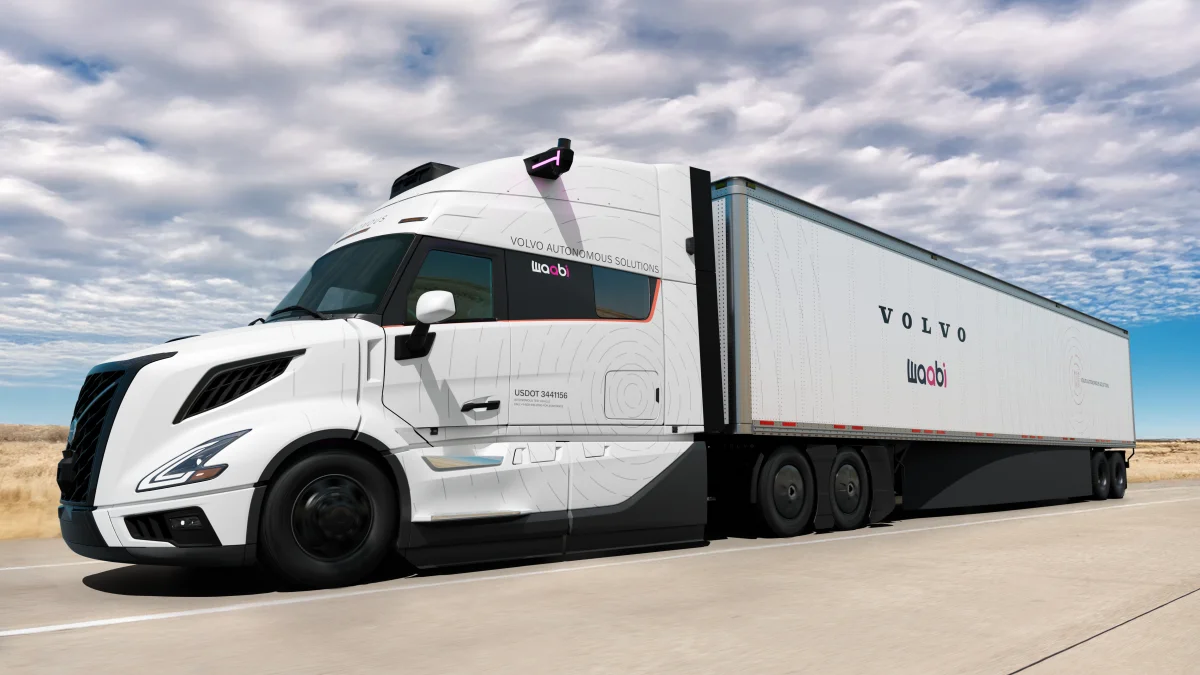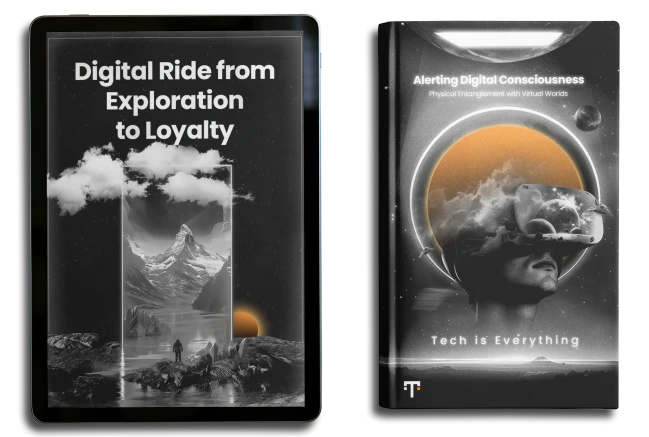
Tesla Collaborates with Baidu to Boost Driving-Assistance Software Performance in China
Tesla is partnering with China-based tech company Baidu to boost the performance of its AI driving assistance system in the Asian country, Reuters has reported. According to sources close to the company, the Tesla and Baidu driving collaboration saw Baidu send a team of engineers from its mapping team to Tesla’s office in Beijing over the last few weeks.
A Data-Driven Partnership
The team was there to explore ways of integrating navigation map information, which Baidu holds, with the Full Self-Driving (FSD) version 13 software owned by Tesla. The information that Baidu will be integrating into Tesla’s system included traffic lights and lane marking signals.
It’s not clear how many engineers Baidu dispatched to Tesla and whether the experts were there. Sources say the purpose of their visit was to enhance FSD version 13’s awareness of Chinese roads. The engineers were expected to do this using more accurate and up-to-date mapping data. It’s not clear how much is involved in the Tesla-Baidu partnership.
However, the deepening relationship between the two tech companies comes at a time when both companies are navigating regulatory and data restrictions imposed by Washington and Beijing. These restrictions have made it difficult for Tesla to introduce its advanced driving system in China, which is its second biggest market.
Tesla’s AI driving system does not need navigation maps in the US for accuracy or to stay updated. This is because unlike in China, local AI training enables the technology to work better.
The Legal Challenge
The Elon Musk owned EV manufacturer has not succeeded in training its Tesla autopilot systems in China using data derived from its two million cars due to provisions in Chinese laws.
Tesla has not been able to shift the data it collects from Chinese roads to the US to train its driving system.
The Chinese law requires that companies store their data locally and must get approval to transfer it outside China. Additionally, the US does not allow the EV manufacturer to train its AI in China. Tesla is also under immense pressure from Chinese rivals like XPeng and BYD, which offer cheaper alternatives and don’t levy additional charges for their driver-assistance technology. Earlier this month, XPeng reported that it shipped over 30,000 cars for the fourth month in February.
By strengthening its ties with the EV car maker and having Baidu AI in Tesla cars, the Chinese tech giant could reap big benefits because its AI innovations are currently trailing rivals such as ByteDance and DeepSeek. Tesla is planning a full rollout of its FSD technology in China this year.
FSD Version 13 Improvements
Tesla’s FSD is a stack of driving-assistance technologies that utilize generative AI to maneuver complex traffic conditions. The latest version of the software had not been trained adequately to fully adapt to Chinese roads. This caused drivers to frequently violate traffic rules like driving through red lights and shift to wrong lanes where they failed to respond.
The partnership with Baidu comes about two months after Tesla’s controversial software update that the company sent to Chinese car owners in February. This update included urban navigation features. However, customers complained that it fell short of Musk’s commitment on full FSD rollout in the Chinese market.
Baidu has been supplying Tesla with navigation maps since 2020. Tesla is working hard to maintain its Chinese market share even as local EV makers aggressively push sales. Tesla sales have dipped significantly in Europe and in the US. The EV maker charges car owners $8,834.04 to use its FSD system. This is in addition to the $32,500 that Chinese buyers pay for a Tesla car.
In February, Tesla’s biggest rival BYD said its advanced driver-assistance will be included in new EV models without extra charges. Baidu shares rose by 2% in the US while Tesla stocks dropped 1% on March 13 in premarket trading.





